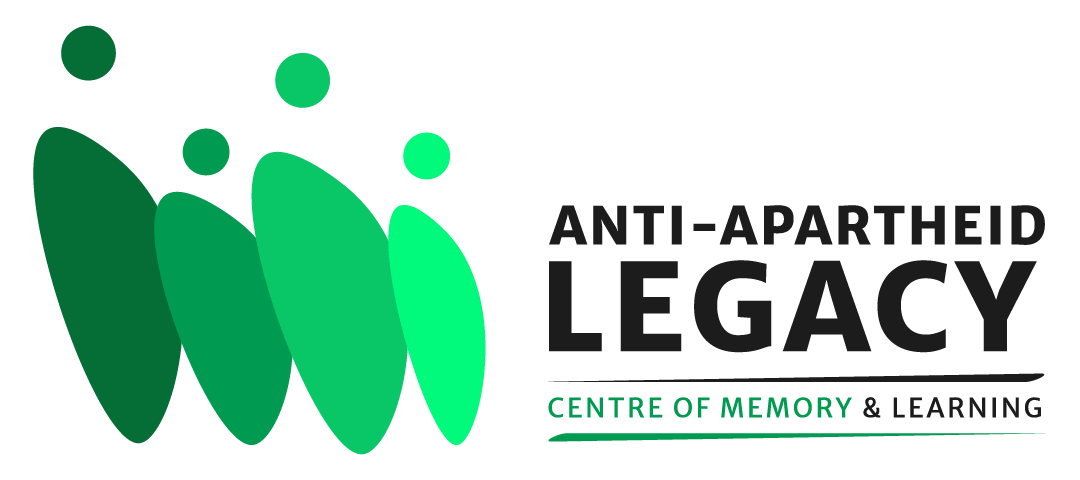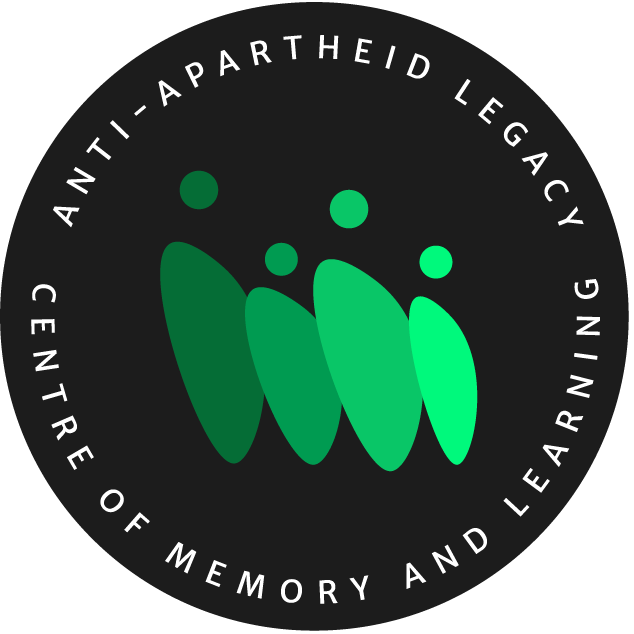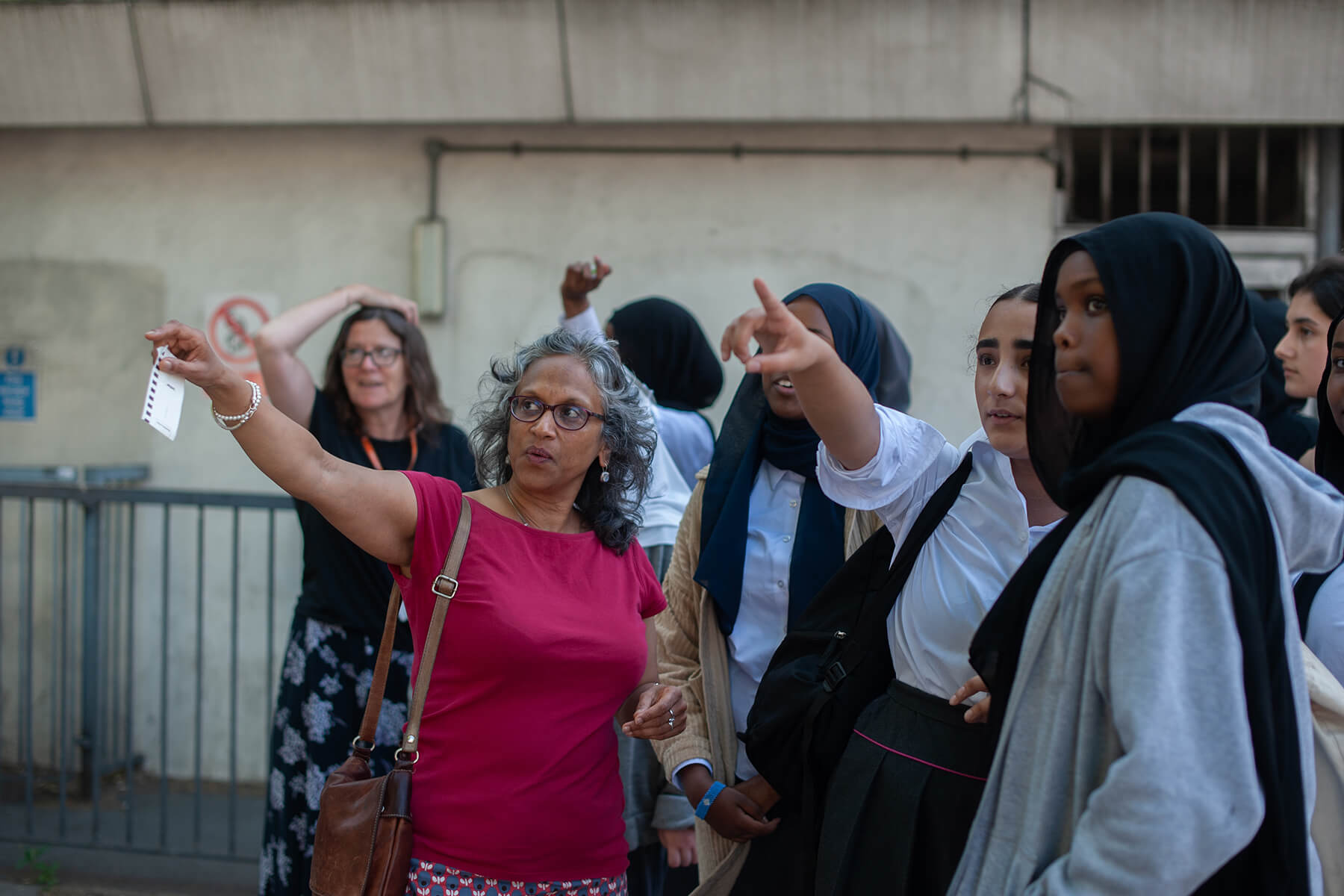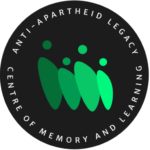In May and June 2022, we built on learning programmes delivered in 2020 and 2021 to The Elizabeth Garrett Anderson School (EGA) to offer an after-school enrichment programme that explored anti-apartheid heritage and its legacy. EGA is the most closely located school to what will become the The Centre of Memory and Learning at 28 Penton Street, Islington (former London office of the exiled ANC)
Over 6 weeks, a positive group dynamic developed amongst these Key Stage 4 students. They had enquiring minds, listened to each other and contributed with enthusiasm.
Their Pastoral Year Head, Sally Dahl, was present at all the sessions to support the work and we developed a really good working-relationship with her.


TLTU’s Project Director, Caroline Kamana, and Research and Content Development Lead, Nadia Joseph, led the first four sessions followed by Heritage and Community Engagement Manager, Alinta Sara, alongside Programmes Lead, Rachel Ishmael, who led the fifth session. The final session was delivered by Nadia.
Over the weeks, we used a variety of visual prompts of 28 Penton Street including photos of the destruction caused by the 1982 bombing of the ANC office. We showed archive images of South Africa during Apartheid from key moments such as the The Rivonia Trial, Soweto Uprising and everyday images of the brutality and discrimination inflicted upon the majority black population by the white minority.
The students responded with shock, surprise and thoughtful comments about the injustices. They made meaningful connections to struggles elsewhere on a global level.
We examined bias in the media through images of headlines in newspapers from the time of the Penton Street bombing and the students’ observations displayed some impressive critical thinking.
We also looked at how campaign materials were used in an age before the internet such as T-shirts with slogans, badges and posters. The students designed their own badges relating to causes that they feel are important to raise awareness about now.
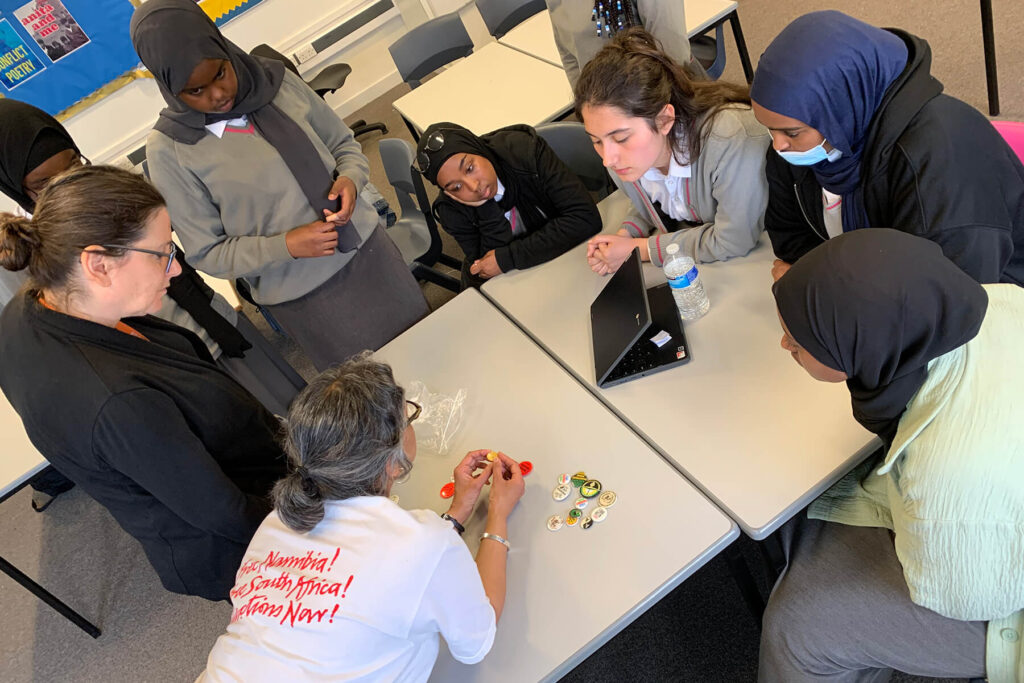
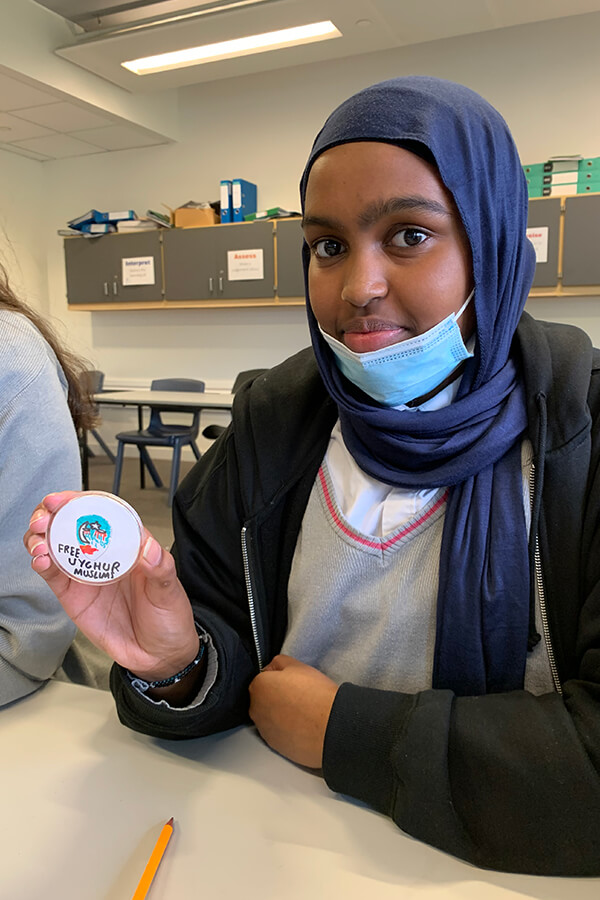

Another area explored was life as an activist and participation in creating change.
In one of the sessions, we watched the film ‘Life is Wonderful’ about the Rivonia Trial which offered insight into the contributions to the struggle by Nelson Mandela’s co-defendants and legal team. The students then had an online Q&A with the film’s director Sir Nick Stadlen who joined by zoom due to a bout of covid.

In another session two of the London Recruits, who engaged in high-risk solidarity work for the ANC, joined us and spoke about their commitment to helping end apartheid. Their down-to-earth approach helped make the topic accessible to the students and their self-effacing, often amusing, comments enabled the students to converse with ease.
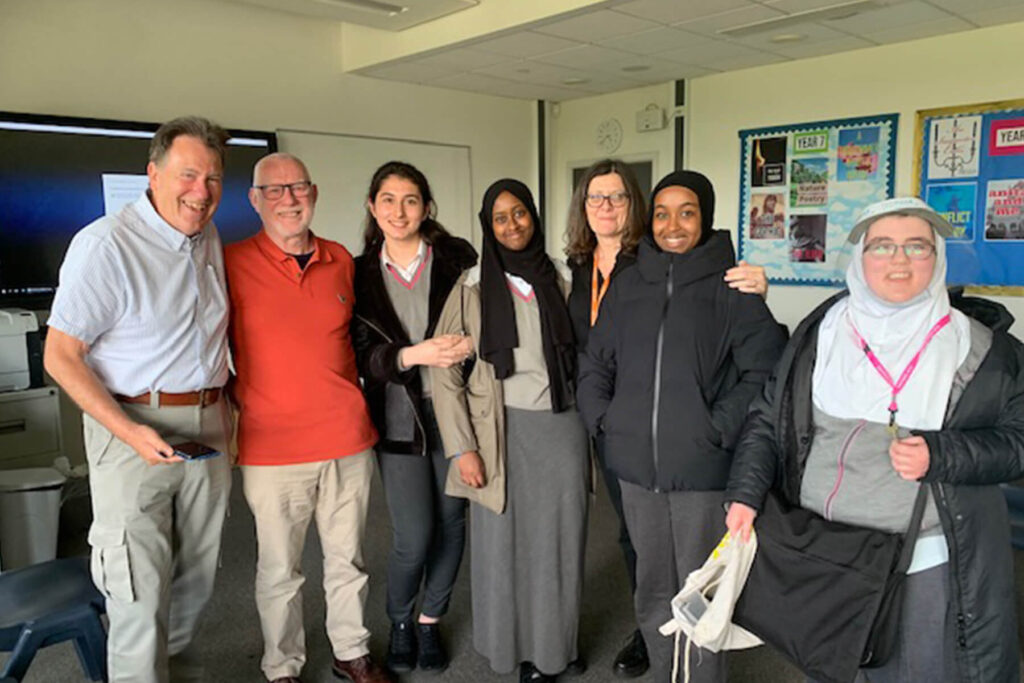
The final session involved asking the students to consider what the Centre of Memory and Learning could look like given all they had learned in the sessions. We began with a recap of the work covered and a short walk to 28 Penton Street accompanied by Sally. The students were amazed to see how close the site is to their school, just a few hundred metres, and we pointed out the green heritage plaque. That none of them had noticed the building or the plaque before reminded us quite how important it is to give access to this local and (inter)nationally important heritage.
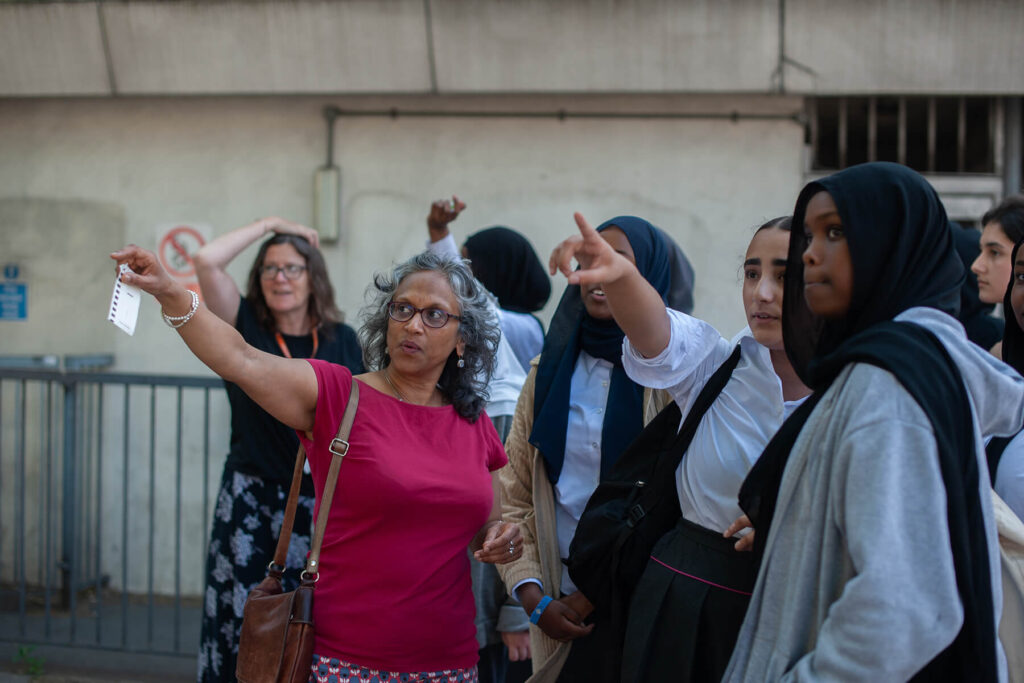
They produced some wonderful ideas of how the space could be used, its overall design and purpose as well as suggestions for signage and exhibitions indoors as well as use of the garden area.

A few of them were fortunate enough to be able to join Caroline and Sally for a memorial service for Archbishop Desmond Tutu at Westminster Abbey, as guests of the Tutu Foundation UK, and wrote about their visit for the EGA Newsletter (view here). They found it really moving and also got to see Mandela’s statue in Parliament Square.
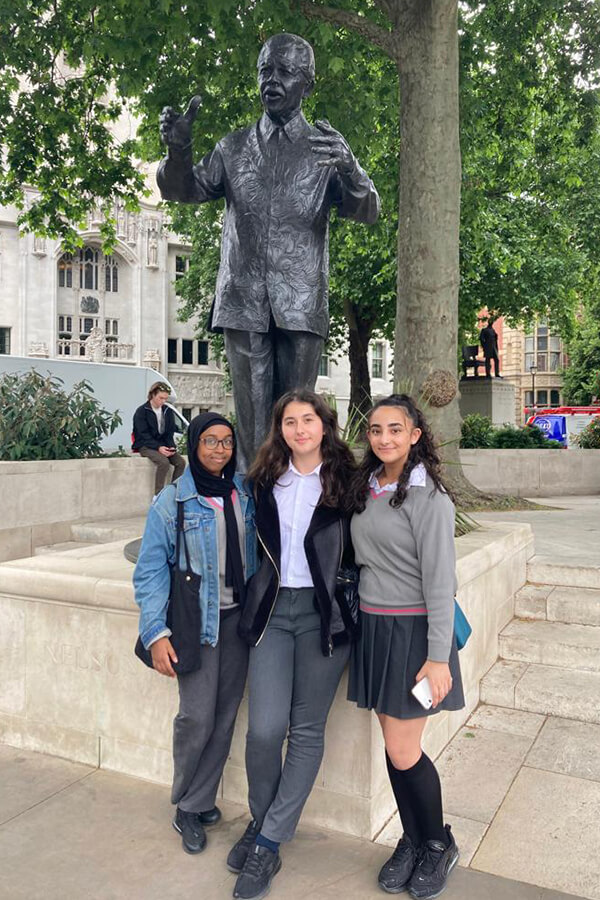
We think they learnt a lot from the sessions judging by their participation and feedback which included:
“I thoroughly enjoyed our series of workshops and I learnt valuable information that holds so much importance”
“I learnt that so much of what happened then still happens today world wide just on a different scale”
“they [the sessions] made me want to inspire others”
“it motivated me to learn more about history that hasn’t necessarily impacted me directly”
We certainly learnt a lot from them and wish them all well with their future studies.
Written by Nadia Joseph, Research & Content Lead, July 2022
